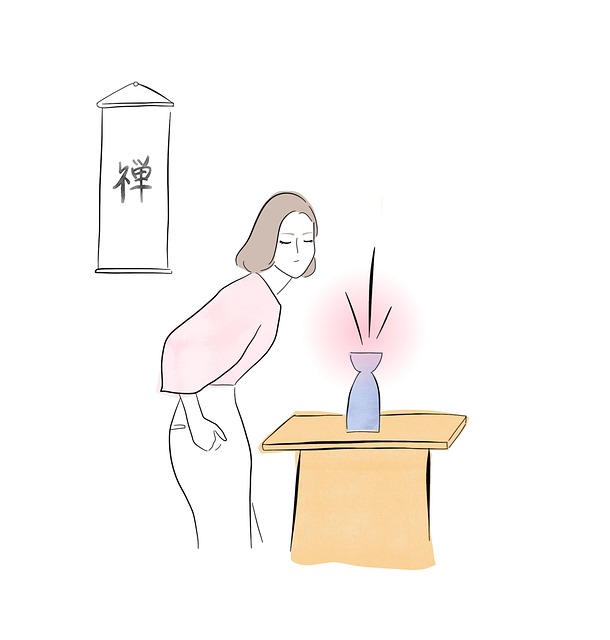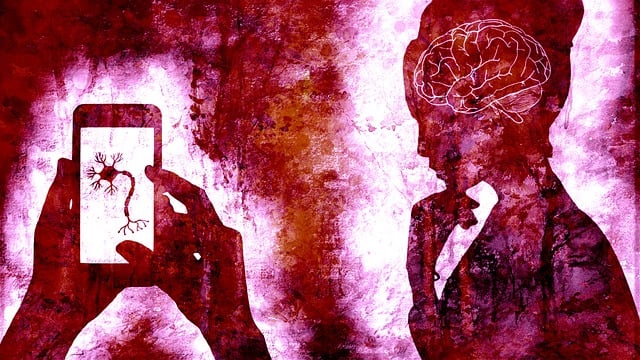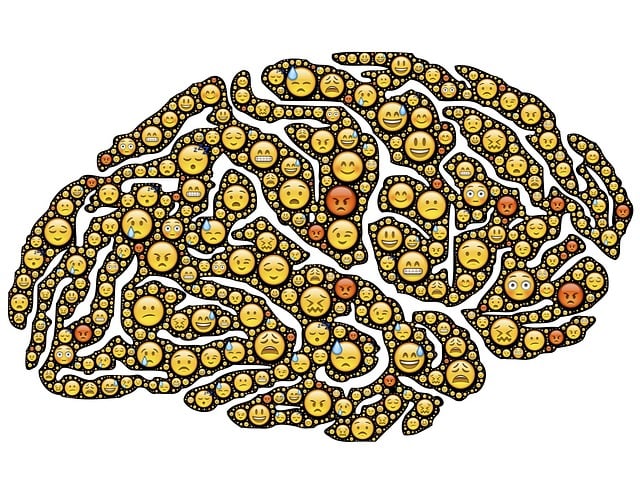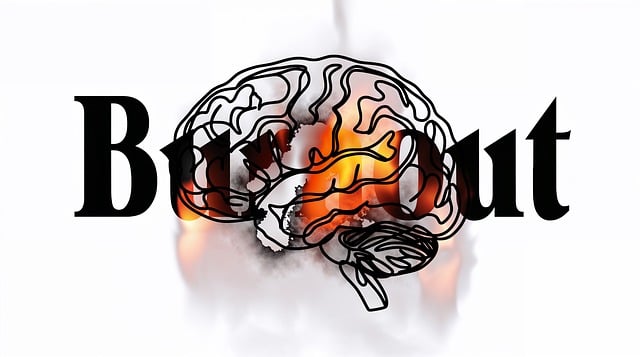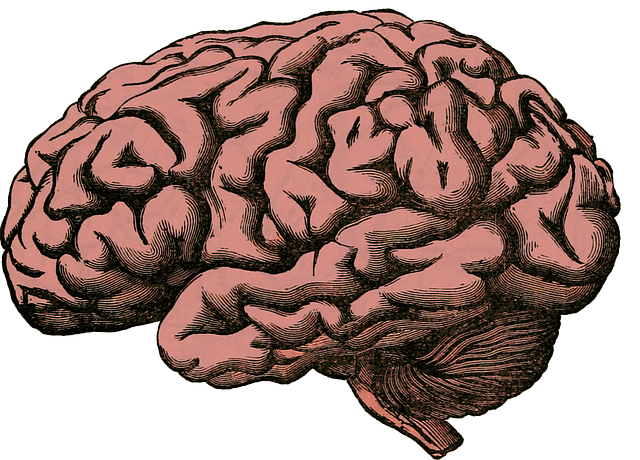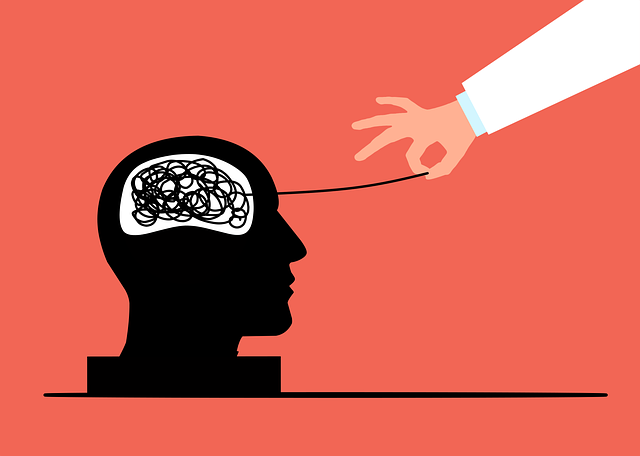Public awareness campaigns, enriched by therapy like Aurora DBT, are key to educating communities about mental health. DBT combines cognitive-behavioral techniques with mindfulness to foster self-awareness and emotional regulation. Crisis intervention training builds community resilience. Interactive elements and diverse media platforms in public campaigns make complex topics accessible, encouraging behavioral changes and mental wellness. Community outreach programs break down barriers to mental health support, and successful campaigns are measured through quantitative and qualitative data to ensure continuous improvement.
Public awareness campaigns play a vital role in educating communities about mental health, especially in tackling prevalent issues like depression and anxiety. This article explores strategies for developing impactful initiatives that foster understanding and reduce stigma. We delve into the significance of therapy in community education, highlighting the unique approach of Aurora Dialectical Behavioral Therapy (DBT). By combining evidence-based practices with creative engagement, these campaigns can drive positive change, enhance well-being, and promote a more supportive societal environment.
- Understanding Public Awareness: The Role of Therapy in Community Education
- Aurora Dialectical Behavioral Therapy: A Unique Approach to Mental Health Outreach
- Designing Effective Campaigns: Strategies for Engaging and Educating the Public
- Overcoming Barriers: Addressing Stigma and Misconceptions through Public Dialogue
- Measuring Success: Evaluating the Impact of Public Awareness Campaigns on Community Well-being
Understanding Public Awareness: The Role of Therapy in Community Education

Public awareness campaigns play a pivotal role in educating communities about mental health and well-being. At the heart of this process lies therapy, specifically Aurora Dialectical Behavioral Therapy (DBT), which offers effective tools for crisis intervention and guidance. DBT combines cognitive-behavioral techniques with mindfulness practices to enhance self-awareness exercises and emotional regulation skills. This holistic approach is particularly beneficial in reaching diverse audiences and fostering a culture of mental health literacy.
By integrating therapy into public awareness initiatives, communities can better understand and address the complex nature of mental health issues. Crisis intervention training equips mental health professionals with essential skills to assess risks and provide immediate support during crises. Moreover, these programs encourage self-reflection and promote healthy coping mechanisms within individuals, ultimately contributing to a more resilient community.
Aurora Dialectical Behavioral Therapy: A Unique Approach to Mental Health Outreach

Aurora Dialectical Behavioral Therapy (DBT) represents a pioneering approach within mental health outreach, focusing on empowering individuals to navigate and resolve challenging situations effectively. This therapy model combines cognitive-behavioral techniques with mindfulness practices, offering a comprehensive framework for those struggling with emotional regulation, distress tolerance, and interpersonal skills. DBT’s unique blend of individual therapy sessions and group skills training has proven particularly beneficial in addressing complex mental health issues.
By incorporating conflict resolution techniques and promoting cultural sensitivity in mental healthcare practice, Aurora DBT goes beyond traditional therapy. The program aims to develop lasting coping strategies, fostering improved relationships and enhanced mental wellness coaching programs. This holistic approach ensures that individuals not only manage their current challenges but also gain the tools to thrive in various aspects of life, making it a valuable resource for anyone seeking long-lasting positive change.
Designing Effective Campaigns: Strategies for Engaging and Educating the Public

Designing effective public awareness campaigns requires a strategic approach to engage and educate individuals about essential topics like mental wellness. Incorporating interactive elements and utilizing diverse media platforms can significantly enhance campaign impact. For instance, producing engaging Mental Wellness Podcast Series or hosting Stress Management Workshops Organization can cater to different learning styles and preferences. These methods allow for in-depth exploration of subjects like Aurora Dialectical Behavioral Therapy, making complex topics accessible and relatable.
Additionally, integrating storytelling techniques into campaigns can foster a deeper connection with the audience. Sharing personal narratives related to burnout prevention can humanize the issue and motivate individuals to take action. By combining these strategies, public awareness campaigns can effectively raise knowledge, encourage behavioral changes, and promote overall mental health, ultimately leading to a more informed and resilient community.
Overcoming Barriers: Addressing Stigma and Misconceptions through Public Dialogue

Public awareness campaigns play a pivotal role in addressing barriers to mental health support, especially when it comes to conditions like Aurora Dialectical Behavioral Therapy (DBT). Stigma and misconceptions often act as roadblocks, preventing individuals from seeking necessary treatment. Through open dialogue, these campaigns foster understanding and dispel myths surrounding therapy, encouraging people to view DBT as a valuable self-care routine development tool for better mental health.
Community outreach program implementation is key in this process, ensuring that resources reach diverse populations. By engaging with communities through discussions, workshops, and educational sessions, awareness campaigns can help manage stress on a larger scale. This proactive approach not only enables individuals to recognize the importance of therapy but also empowers them to take charge of their mental well-being, breaking down barriers and fostering a more inclusive approach to healthcare.
Measuring Success: Evaluating the Impact of Public Awareness Campaigns on Community Well-being

Measuring success is a critical component of any public awareness campaign, especially when the goal is to improve community well-being. In the context of Aurora Dialectical Behavioral Therapy (DBT), evaluating the impact involves assessing how effectively the campaign raises mental health literacy and fosters resilience building among residents. By integrating Community Outreach Program Implementation strategies, such as direct engagement and educational workshops, campaign organizers can gauge success through quantitative and qualitative data. Surveys, interviews, and observations provide insights into changes in community attitudes towards mental health discussions, seeking therapy, and support systems.
For instance, a well-structured Mental Health Policy Analysis and Advocacy initiative could reveal increased awareness of local resources, leading to more individuals proactively engaging in DBT or similar therapy programs. This shift indicates a positive correlation between the campaign and enhanced community resilience against mental health challenges. Such evaluations are not only essential for understanding the immediate effects but also guide future adjustments and improvements in public awareness campaigns aimed at promoting holistic well-being.
Public awareness campaigns play a pivotal role in educating communities and fostering mental health initiatives. By combining evidence-based practices, such as Aurora Dialectical Behavioral Therapy, with creative engagement strategies, we can overcome barriers and dispel misconceptions. Effective campaigns that integrate community dialogue and personalized narratives have the potential to revolutionize mental healthcare access and improve overall well-being. This multi-faceted approach ensures that public awareness becomes a powerful tool for positive change, ultimately enhancing the resilience and health of communities worldwide.

